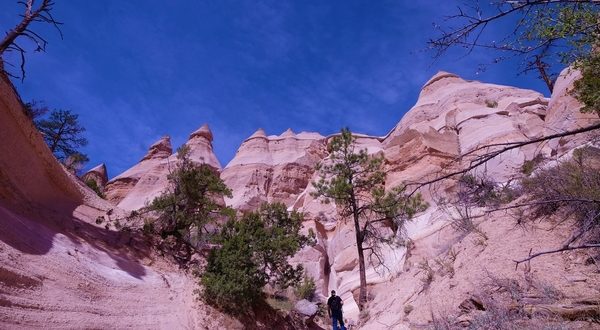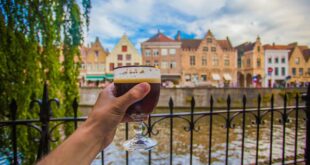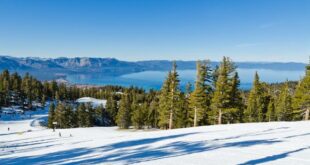[ad_1]
I’m hiking through the Kasha-Katuwe Tent Rocks National Monument, less than an hour from Santa Fe. I’m in the 62nd year on this glorious planet of ours and this is somehow my first hike in a slot canyon.
Above me are swooping, surging, curving walls that bend and bulge in wild patterns of pale sand and dusty orange. There’s a tiny sliver of robin’s-egg-blue sky slipping through an overhead crack in the canyon walls.
I step through a narrow gap in the rock and stroll into a wider opening with sweet-smelling evergreens and tiny plants clinging to life in the harsh desert climate. Suddenly a small monarch butterfly slides past my ear. I look up as it dances on the wind and spot a pair of hawks riding invisible thermals high overhead.
I stop and take stock of my surroundings for a minute. I listen to the quiet tune the wind is playing as it slices through the pale canyon walls and jot down some thoughts on my notepad.
Glorious.
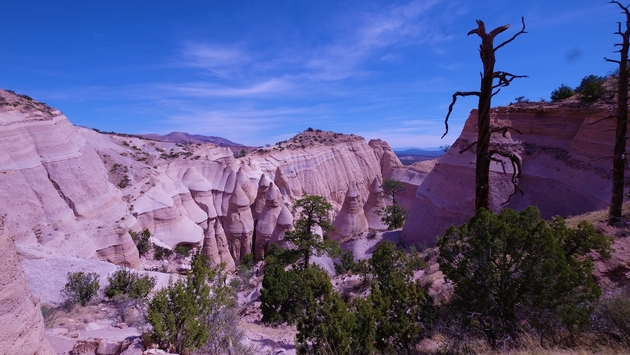
You start off a visit to Kasha-Katuwe with a relatively easy hike up a path that follows a slight incline past desert shrubs and cactus. After just a few minutes you’re at the edge of the slot canyon, which practically calls your name and sends an official, embossed invitation, so strong is the lure to explore once you reach the opening.
You’ll pass gorgeous canyon walls and peer up at large “tent rocks” that look like the ones you see in photos of Cappadocia, Turkey. To me, some of them look like the chimney vents in the buildings designed by artist Antoni Gaudi in Barcelona.
Most of the path is reasonably wide but on a couple of occasions you have to step in a ribbon that’s perhaps a few inches wide and have only a little bit of elbow room. It’s no trouble for me, but a Chicago Bears’ defensive lineman might find it a tight fit here and there.
After maybe a half hour you have to scramble up a bit of a slope and then some steps in the rock face someone has kindly created. They say there’s a magical view from a lookout high on the bluffs, but I wasn’t wearing the proper shoes and couldn’t make the last five or ten minutes of the hike. Still, I was inordinately happy sitting in the warm April sun. checking out the canyon walls and tent rocks that have been bleached by endless eons of merciless sun and unceasing winds.
If you go, I strongly suggest bringing LOTS of water (especially if it’s warm), sunscreen, layers of clothing and a walking stick. Also, don’t be a goof like me and show up in sandals. Even the sturdy ones I had were no match for the scrabbly, loose rock on the hills at the end of the hike. Bring good, unworn hiking shoes if you plan to take this hike. And you should.
The Puye Cliff Dwellings are another wonderful spot near Santa Fe. I grabbed a tour with a local native American woman who explained the history of the area and talked about the lifestyle of the inhabitants.
Puye, she explains, means “where the rabbits gather” in her native tongue. The area used to be covered with jackrabbits and cottontails. It’s also close to a good stream, which is an important reason that natives settled in the region.
It’s believed that folks began living here around 900 AD. Most inhabitants left around 1500 or 1600 due to drought, and probably the presence of the Spanish.
We learn that there are 19 native nations within the state of New Mexico, including hers. Her people speak a language called Tewa and live in what is called the Santa Clara Pueblo.
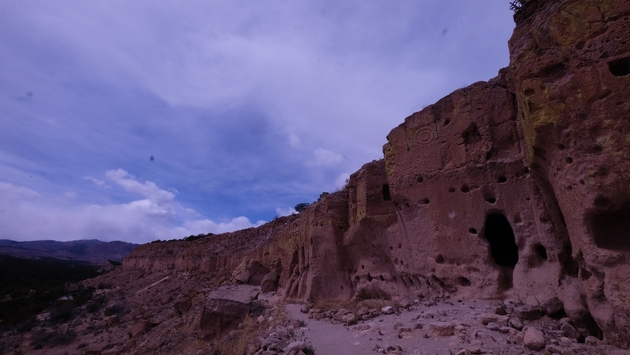
We examine the ruins of clifftop dwellings and also clamber into a hollowed-out chamber below the surface, where folks could stay warm in winter and cool in summer and where male elders would gather to discuss important issues.
Our guide shows us broken pieces of pottery that litter the clifftop.
“When my people left here they broke the potter into shards to return the clay to mother earth. My mother does the same thing when a piece of pottery she’s making doesn’t come out right. Then she uses the pieces in her next pots to continue the cycle.”
If you clamber down some stairs carved into the rock you can find the cliff dwellings, small rooms carved out of the living rock. I spot telltale signs of smoke and fire on the walls and admire the views of distant mountains and rolling plains and try to imagine what life was like here 500 years ago.
I climb back in my car for the drive back to Albuquerque, stopping often to admire towering formations of stone and exposed slashes of bright orange rock. I can feel the history all around me; the sun and the wind and the pockmarked, ageless stone.
This is a place I won’t soon forget.
IF YOU GO
Albuquerque is about an hour’s drive from Kasha-Katuwe and roughly 90 minutes from Puye Cliffs. The Sheraton Albuquerque Uptown is a great spot near shops, restaurants and movie theaters, with a super-friendly staff and a great top-floor lounge. A little closer to both Kasha-Katuwe and Puye Cliffs is the Albuquerque Marriott Pyramid North, a large hotel with a beautiful atrium lobby and modern rooms with all the amenities you need.
[ad_2]You can read more of the news on source
 Travelsmart
Travelsmart
